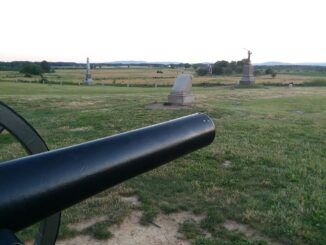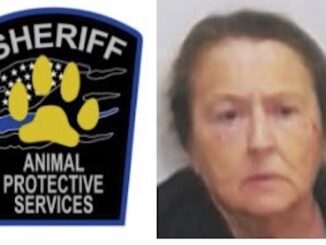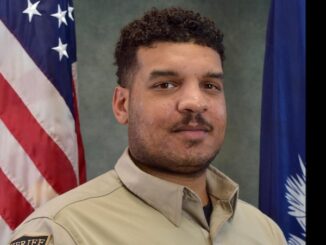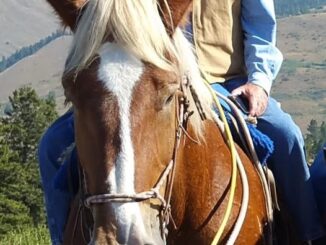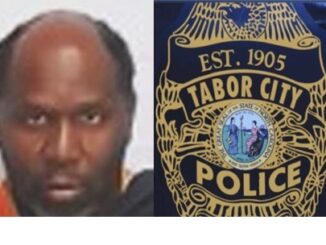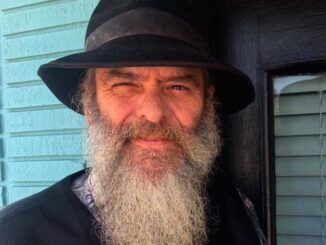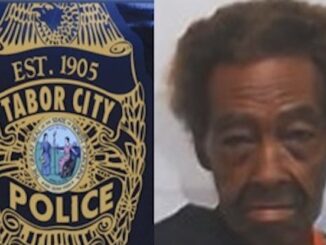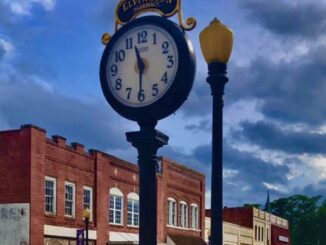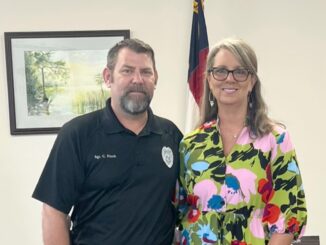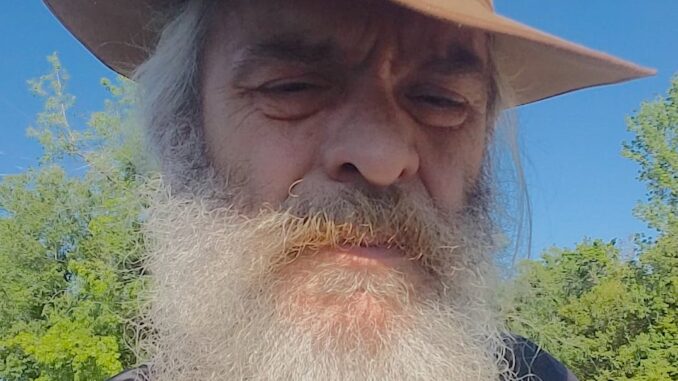
Since Jan. 1, 58 law enforcement officers have died doing their jobs in the United States.
Another 64 died on duty due to other causes, mainly COVID-19, 9/11 related cancer, and heart disease.
Discounting the non-violent deaths, that’s an officer being shot, run over, stabbed, assaulted with cement blocks every 2.3 days, more or less. I’m not even counting the ones who are in hospitals, rehab or longterm care facilities, alive but possibly never able to return to protecting a sometimes-ungrateful public.
Yet there are those who call these folks the bad guys.
I was shocked the other day to see a community newspaper saying that Police Week was an appropriate time to address the 146 suspects who died “at the hands of police” so far this year. The newspaper didn’t note how many of those alleged victims were armed, directed automobiles at officers, overdosed while eating evidence, or refused to stop fighting when warned. The report also didn’t delineate between people who wrecked while fleeing police in high speed chases. They did note that some of those suspects died from complications of illegal drug use. The inference was the one that has become so popular with the modern left, that of most law enforcement officers of all races and creeds getting up in the morning and eagerly looking for an opportunity to take a life.
I have been a reporter since I was 16 years old; this is my 39th year in the news business, in one position or the other. I have known bad LEOs. I have covered their trials for murder, for stealing and selling drugs, for harassing young women under the guise of traffic stops. I have personally contacted supervisors, chiefs and sheriffs to express a concern over an officer’s behavior. Once or twice, I was right. It broke my heart, each time, and made me angry. Like most of you, I watched the Chauven trial (which was in reality a farce, although the officers were clearly wrong).
I can’t say that there aren’t bad officers out there — I know there are a few, a tiny percentage.
I can also say that I would go the distance to help any officer.
No one was there for Kevin Conner or Donald Ray Tucker, when they found themselves facing down (illegal) firearms in the hands of criminals. Donald died alone, a long way from home, trying to arrest a drug dealer who was branching out into a school for special needs children. Kevin at least had the comfort of strangers who rushed to his aid alongside a lonesome highway in the middle of the night.
When I see people marching and chanting “F—- the po-po!”, “Defund the police!” or other slogans, I see Donald’s crooked smile, and Kevin’s joy when he held his kids.
I see the white cop who gave a black girl a jacket when her dress was torn by three would-be rapists who were stopped by an armed citizen.
I see a deputy frantically performing CPR on a child at a wreck scene.
I see a State Trooper giving a frightened mother a soft drink and her child a teddy bear when their car broke down a long way from home.
I see police and deputies and troopers, tired beyond belief, doing double duty as LEOs and emergency responders during a hurricane. The skin color of the folks in need didn’t matter.
I was there in each of those situations.
When the media and the politicians and the style mavens scream that police need to be replaced with social workers, or eliminated entirely; when I hear of people deciding, without access to any evidence, that a cop is guilty of murder because he or she had to shoot a criminal suspect; when I hear of teachers and professors teaching students to distrust law enforcement — I think of the officers I have known and seen who allowed themselves to be injured rather than escalate situations that could end up with a suspect losing his life.
The frustrating thing is that almost every in-custody death, I daresay 99 percent, is easily avoided through compliance. The street, the traffic stop, the scene of a break-in or the store aisle is not the place to argue one’s case. That’s what the courts are for.
Doing what a law enforcement officer asks, or in some cases, commands, will not result in injury or death. Fighting someone can. It’s an easy equation.
Almost fifty years ago, I convinced my dad to drop me off at a riding stable in a neighboring town. I spent most weekends there, and since school was out, I thought they’d be open during the week. The owner even told my parents that someone would likely be around when I arrived.
I walked down a long dirt road, only to find the stable closed and locked. I walked back to town, maybe a mile and a bit. I had enough money for a snack and a drink, so I walked right in to the local diner, crawled up on the cracked vinyl seat, and bravely ordered a drink. I may have even knocked the dust from my clothes like any good cowboy.
I was a little bit worried, but not really scared — in part because there was a police officer sitting a few seats away. I immediately knew who to ask for help.
When I stopped a break-in at a store across from our home in Wilmington and was assaulted by the suspect, I didn’t call a social worker. It wasn’t a politician who replied to my 911 call from the payphone. It was a policeman who happened to be African-American.
Yes. I support good law enforcement — and that’s the vast majority of them.
They are human beings, like everyone else, with families and hopes and dreams that they set aside to help safeguard their communities. Don’t tell me it’s for the money. You can make a lot more money, with fewer hours, less training and less stress, in quite a few other occupations, not to mention avoiding the possibility of being killed protecting people who don’t appreciate the sacrifice.
I support freedom of speech, and I recognize some folks might have a different perspective of the folks behind the badge. They have that right.
But before you start trashing law enforcement in my presence, I want you to listen to the recording of Donald Ray Tucker’s radio traffic as he asked for help. I want you to tell me who you are going to call when there’s a cracked-out multiple-felon pounding on your front door at 1 a.m. Who’s going to stop the drunk driver who was a mile away from killing your family? Who is going to go on back to work for the rest of the night after saving a life, or cry privately when that life couldn’t be saved?
There are three kinds of people in this world — sheep, sheepdogs and wolves. The public is the flock of sheep.
The wolves are the criminals who wish to eat the sheep.
The sheepdogs with badges who stand between us and the wolves.
Personally, I am grateful for the sheepdogs. Seems to me the only people who don’t feel that way are wolves.
Take away the sheepdogs, and the wolves will rule.






